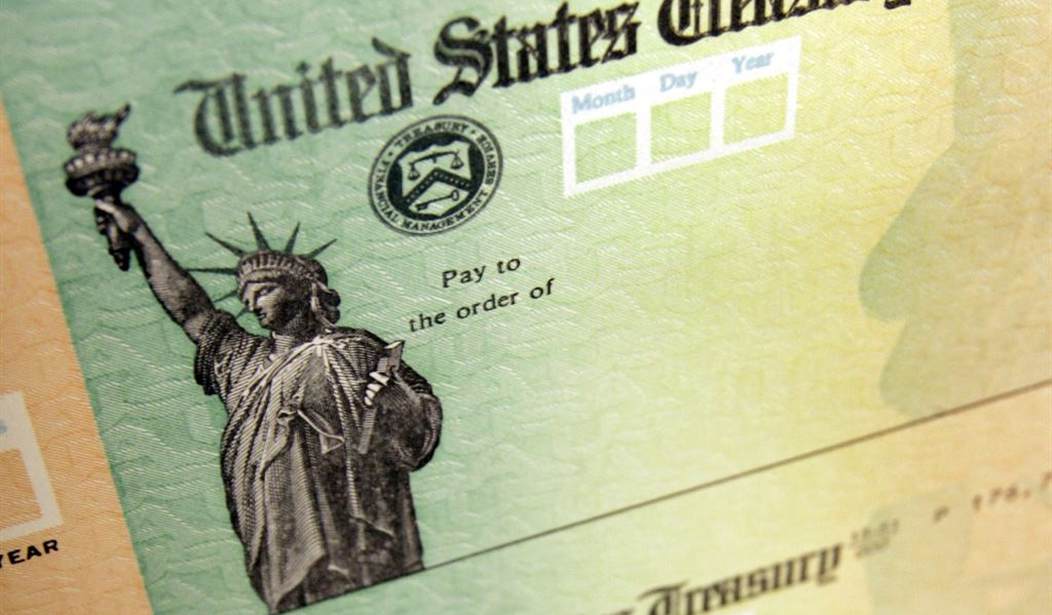When the so-called “American Rescue Plan Act” was passed in 2021, it included billions of dollars designated as COVID relief funds for state and local governments to use with little to no guidance as to how such plans would be structured or implemented. It did, however, include a provision requiring those state and local entities to report how much of the money they spent and what it was used for. But according to a recent review conducted by the Government Accountability Office, more than half a billion dollars from that fund disappeared with no reports of where it went. Thus far this year, the rate of failures to report such spending increased further, with twice as many municipalities failing to comply with the requirement. So where did all of that money go? (Government Executive)
Thousands of localities, many of them small communities, didn’t follow the law last year and tell the federal government when they spent their COVID stimulus dollars, according to a report released Wednesday by the Government Accountability Office. About $600 million in spent funds went unreported.
And this year, a month before reporting deadline, twice as many municipalities, or about 14% more, hadn’t said how they had used about $3 billion in Coronavirus State and Local Fiscal Recovery Funds from the 2021 American Rescue Plan Act.
That it’s unknown how many millions of dollars, and potentially billions, are being spent is “deeply concerning, yet unsurprising,” U.S. Rep. James Comer, a Kentucky Republican, said in a statement to Route Fifty.
Jim Comer’s committee has been digging into the question of where all the money went and many of the answers are alarming, starting with the fact that so many municipalities have simply been ignoring the law. Even some of the places that did file reports seem to have frittered away the cash on things that have little or nothing to do with responding to the pandemic. One example showed that ARPA cash was used to build pickleball courts for jails.
The city of Syracuse, New York spent a portion of its ARPA money to plant trees on public property. (I’m not opposed to trees of course, but they should explain what that has to do with COVID.) Another portion was given out as grants for “arts and culture.” Almost a billion dollars went to cities and towns across Long Island since the program began, but some of them made equally dubious choices as to how to spend it. One town supervisor told reporters how great the program was, saying, “They didn’t put any strings on it, and they said we’re trusting you to do the right thing.”
That sounds awesome, doesn’t it? But what was “the right thing?” One town dumped all of their money into a new sewer system. Another town spent most of its money on covering the municipal payroll and even added new positions. This led some observers to ask how they had been meeting their payroll before and how they planned to keep paying those people after the funds run out. Still others on Long Island spent at least part of their cash modernizing sanitation hookups for private businesses. But who was empowered to decide which private businesses would benefit and which would not?
None of this should be terribly surprising, of course. It’s a pattern that has been developing, particularly in the federal government for quite a while now. We address problems by throwing money at them. Considerations about tracking that money almost seem to be a afterthought if they are addressed at all. And why not? When you’re spending Other People’s Money (that would be the taxpayers), the important thing is to generate good headlines about how the government is “just trying to help” and is so very concerned about you. Meanwhile, the nation debt is currently (checks website) only $33.5 trillion. It’s not as if anyone is ever going to be able to pay that down. So we’ll just keep whistling past the graveyard.







Join the conversation as a VIP Member